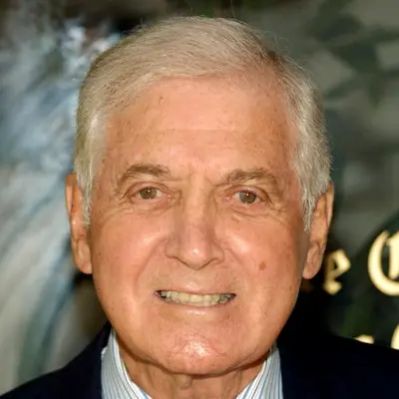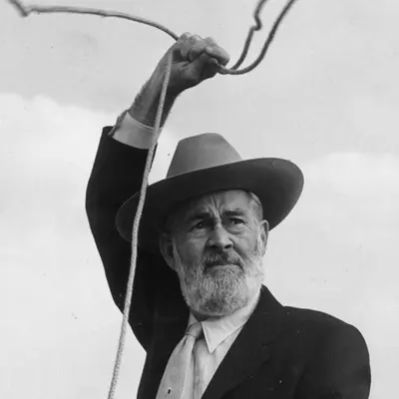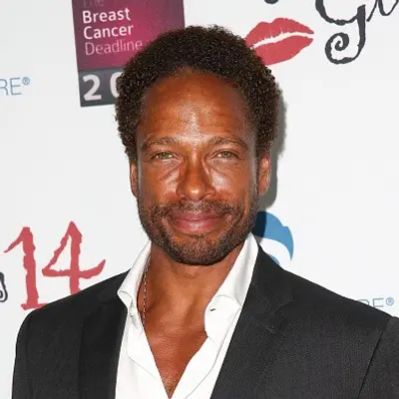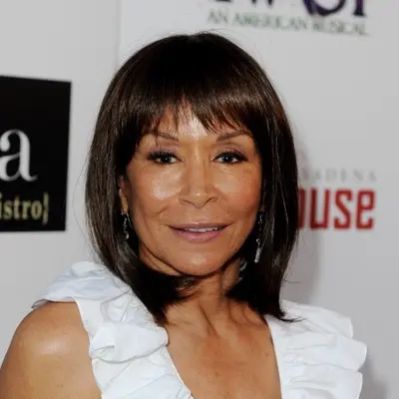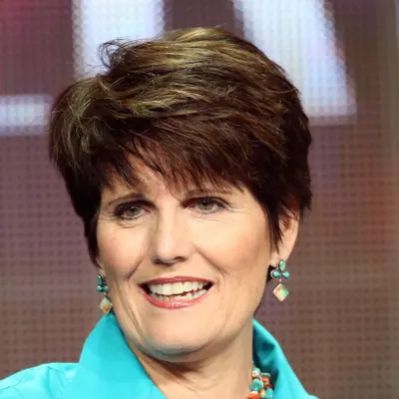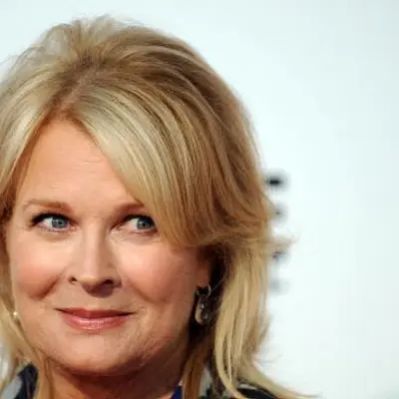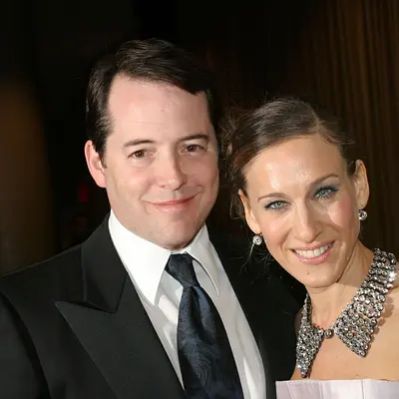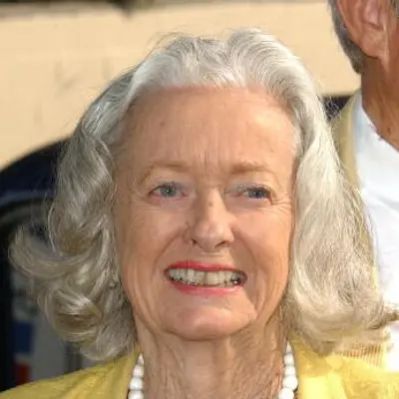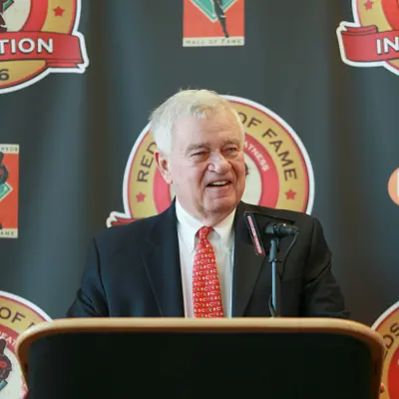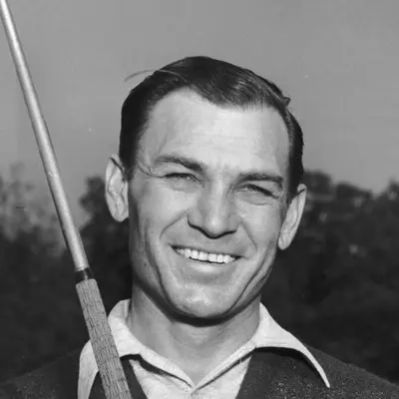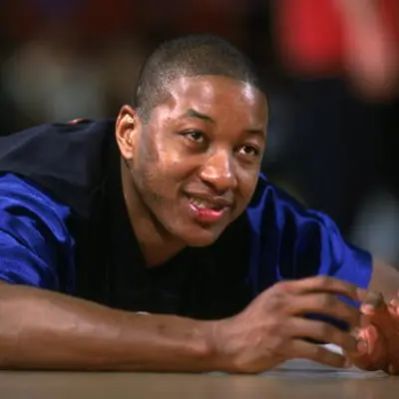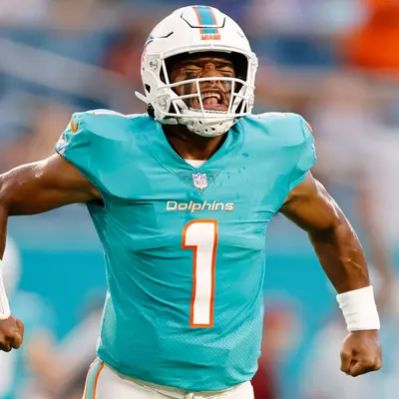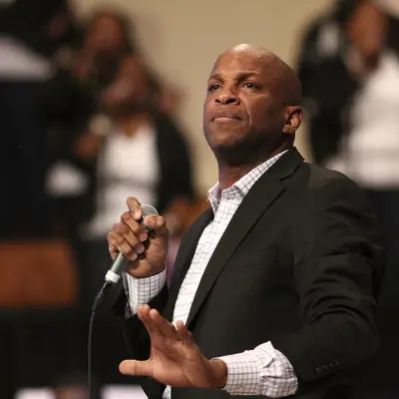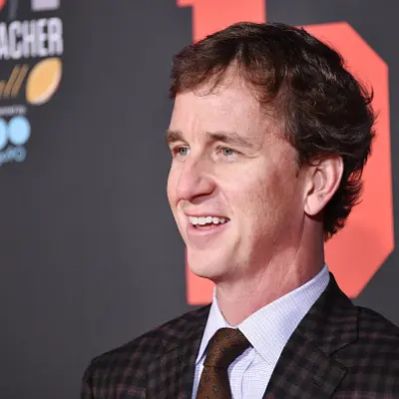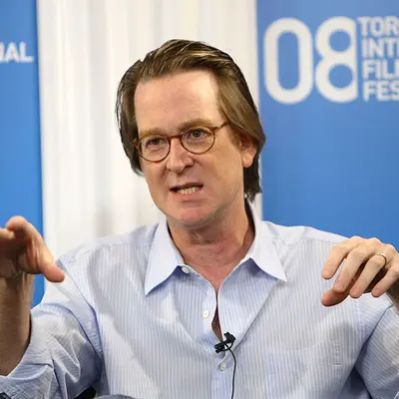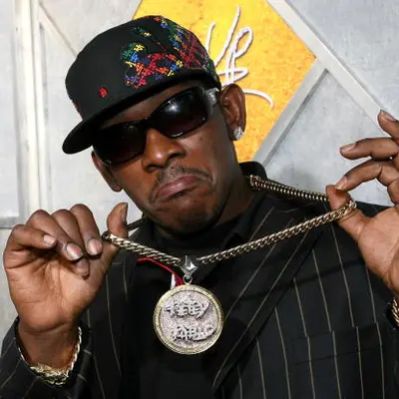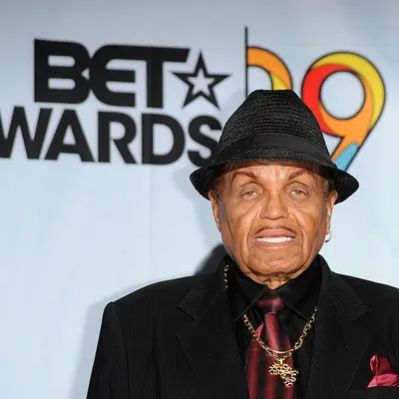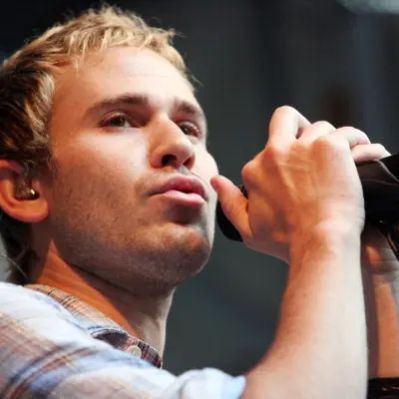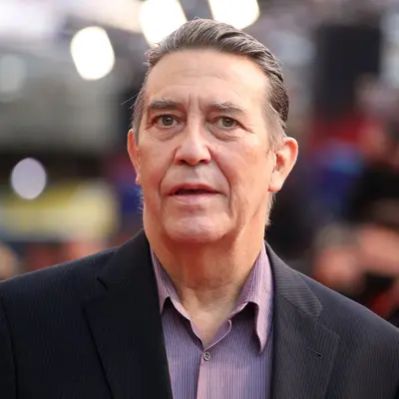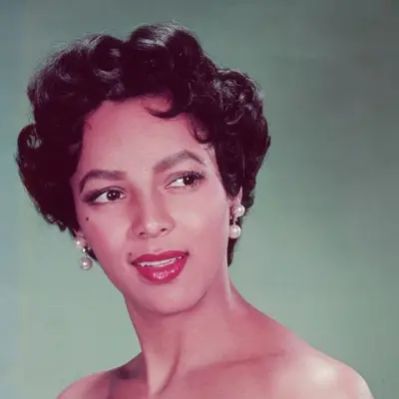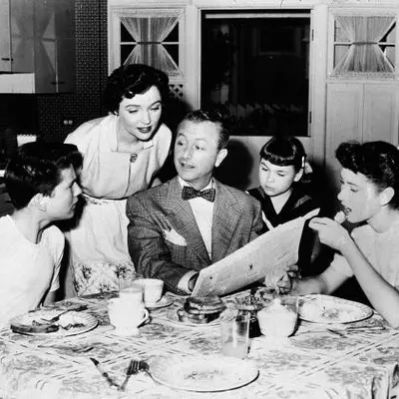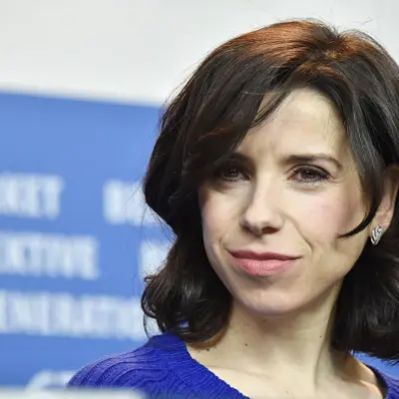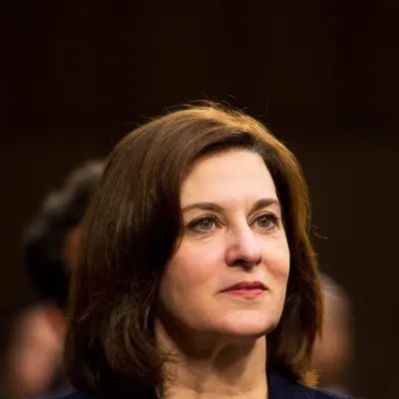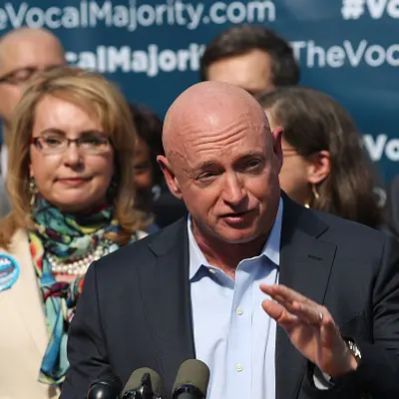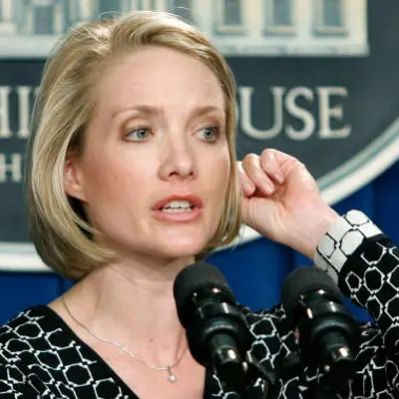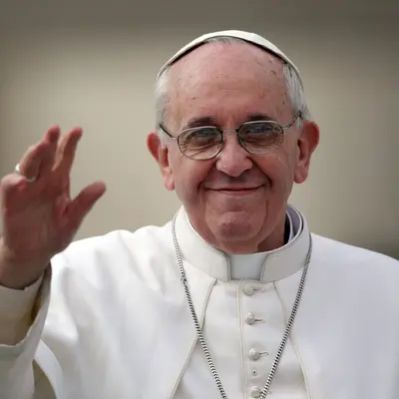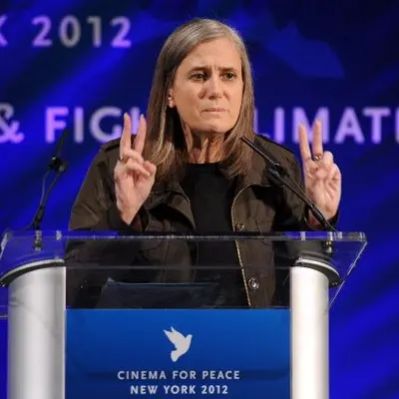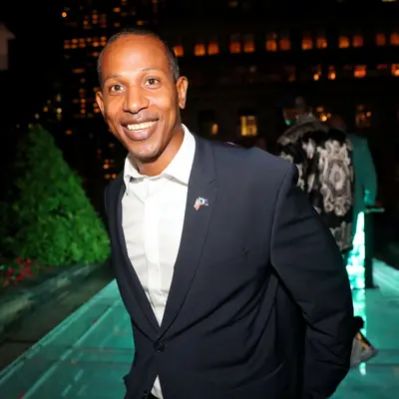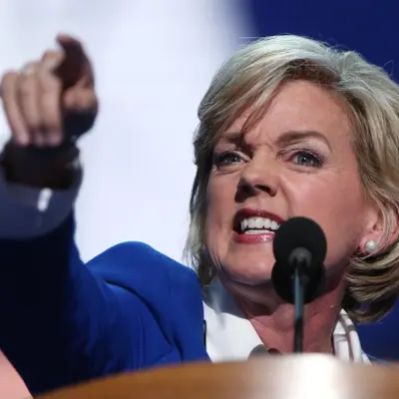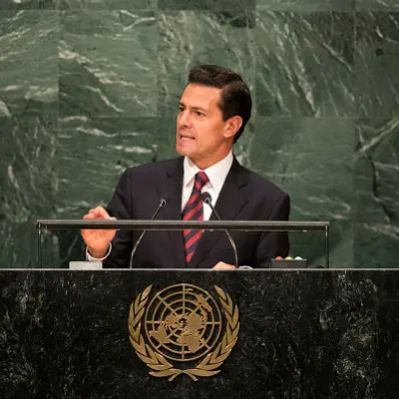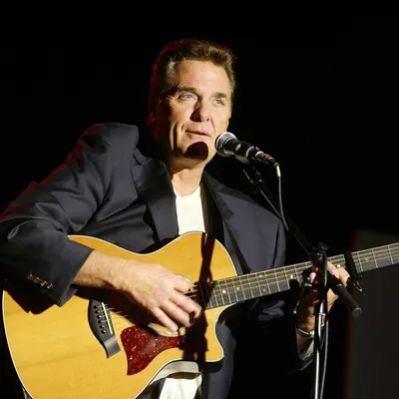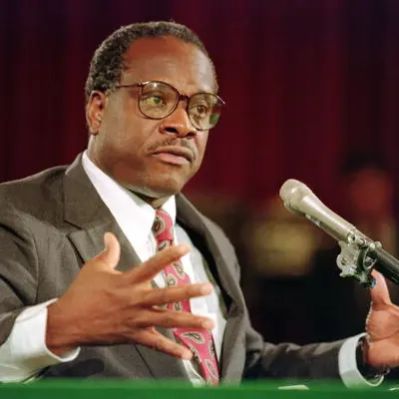What Is Monty Hall Net Worth?
Monty Hall, the iconic Canadian-American game show host, producer, actor, singer, and sportscaster, had a net worth of $10 million at the time of his death on September 30, 2017. This figure represents his accumulated wealth from a multifaceted career spanning radio, television, and production. Hall’s most significant financial success stemmed from his co-creation and hosting of the long-running game show “Let’s Make a Deal,” but his earnings were also supplemented by various other ventures in the entertainment industry.
Early Career and Rise to Fame
Born Monte Halparin in Winnipeg, Manitoba, Canada, on August 25, 1921, Monty Hall’s early life provided the foundation for his diverse career. He graduated from the University of Manitoba in 1946 with a Bachelor of Science degree, having studied Chemistry and Zoology. Despite initial aspirations to attend medical school, quotas limiting Jewish students prevented his admission. Hall’s broadcasting journey began in 1946 at CKRC radio in Winnipeg. He later moved to Toronto, where he worked with radio station CHUM, hosting and producing various programs. During this period, he honed his skills in radio broadcasting, which eventually paved the way for his transition to television. In the mid-1950s, Hall ventured into television, hosting various game shows. He then moved to New York, where he hosted and performed on two children’s shows. He also hosted for NBC Radio and served as a commentator for hockey broadcasts. In 1961, Hall relocated to Los Angeles, marking a pivotal moment in his career.
“Let’s Make a Deal” and Beyond
Monty Hall’s career reached its peak with “Let’s Make a Deal,” which he co-created and hosted. The show aired from 1963 to 1976 on NBC and ABC, becoming a pop culture phenomenon. Hall’s production company, Stefan Hatos-Monty Hall Productions, remained involved with the show even after his passing. While specific salary details from his time hosting “Let’s Make a Deal” are not publicly available, his role as host and producer undoubtedly contributed substantially to his income. His role extended beyond just being the face of the show. He also made appearances in 2010 and 2013 during Wayne Brady’s run as host and was credited as “Creative Consultant” until his death in 2017. His involvement as a co-creator also ensured that he received royalties from the show’s various iterations. Hall also hosted other game shows, including “Video Village” and “All-New Beat the Clock.” Additionally, he made guest appearances on shows like “That ’70s Show,” further adding to his income and visibility. Besides hosting, Hall also produced game shows through his production company with Stefan Hatos. These included “Chain Letter”, a revival of “Masquerade Party,” “Three for the Money”, “It’s Anybody’s Guess,” and “The Joke’s on Us”.
Real Estate and Personal Assets
In February 2018, the Beverly Hills home of Monty Hall and his wife, Marilyn, was listed for sale at $6.399 million. Built in the 1920s, the Mediterranean-style house offered nearly 4,000 square feet of living space, including five bedrooms and five bathrooms. The property, situated on a quarter-acre lot, also featured a swimming pool. The Hall family had resided in the home for 55 years, making it a significant part of their personal history. The house ultimately sold for $6.409 million in March 2018, exceeding the asking price. While details about other real estate holdings or personal assets are not publicly available, it’s plausible that Hall had additional investments that contributed to his overall wealth.
Philanthropy
Monty Hall was renowned for his extensive philanthropic endeavors. Throughout his lifetime, he raised nearly $1 billion for various charitable causes. His dedication to philanthropy was a driving force in his life, and he was repeatedly honored for his efforts. Wards at Mount Sinai Hospital in Toronto and Hahnemann University Hospital in Philadelphia were named in his honor. He frequently served as a toastmaster at events for Variety Club, a children’s charity, and supported universities and hospitals in Israel. Hall’s commitment to charitable work significantly shaped his legacy, showcasing his desire to give back and support those in need. He even conceived a television series where he would assist people who were having troubles through various connections he had made through his philanthropic efforts. Hall was inducted into Canada’s Walk of Fame and received numerous honorary doctorates, children’s wings were named after him at several hospitals, and he received dozens of awards in recognition of his charity work. In 2013, the Daytime Entertainment Awards honored Hall with a Lifetime Achievement Award, marking the 50th anniversary of “Let’s Make a Deal.”
“The Monty Hall Problem”
Monty Hall’s name is also associated with a famous probability puzzle known as “The Monty Hall Problem.” This problem, based on a decision-making scenario in “Let’s Make a Deal,” involves a contestant choosing one of three doors, behind one of which is a prize while the other two hide “gag” prizes. After the contestant chooses a door, the host reveals a goat behind one of the unchosen doors and offers the contestant the option to switch to the remaining unopened door. The optimal strategy is to switch, as it doubles the probability of winning the prize. The Monty Hall problem has sparked debates and discussions among mathematicians and statisticians, highlighting the complexities of probability and decision-making. His unique ability to blend entertainment with education has ensured that his legacy will live on in various forms for many years to come. His ability to connect with audiences on a personal level, while also fostering an atmosphere of excitement and engagement, is something that remains a gold standard for hosts today.
Additional Ventures
Beyond his work on “Let’s Make a Deal,” Hall engaged in various other ventures in the entertainment industry. He hosted children’s programs, co-hosted the Saturday night segment of NBC Radio Network’s “Monitor,” and served as a radio analyst for the New York Rangers. He also hosted game shows such as “Video Village,” “Your First Impression,” and “All-New Beat the Clock.” These diverse roles contributed to his overall income and solidified his presence in the entertainment world. Hall also created and hosted numerous pilots for game shows that never made it to television, showing his dedication to the industry and his innovative spirit. His continuous work in the industry added to his already impressive wealth, and further cemented his legacy as one of the most influential television personalities. The daily appearance fee that contestants received on “Let’s Make a Deal” was $750.
 Net Worth Ranker
Net Worth Ranker
